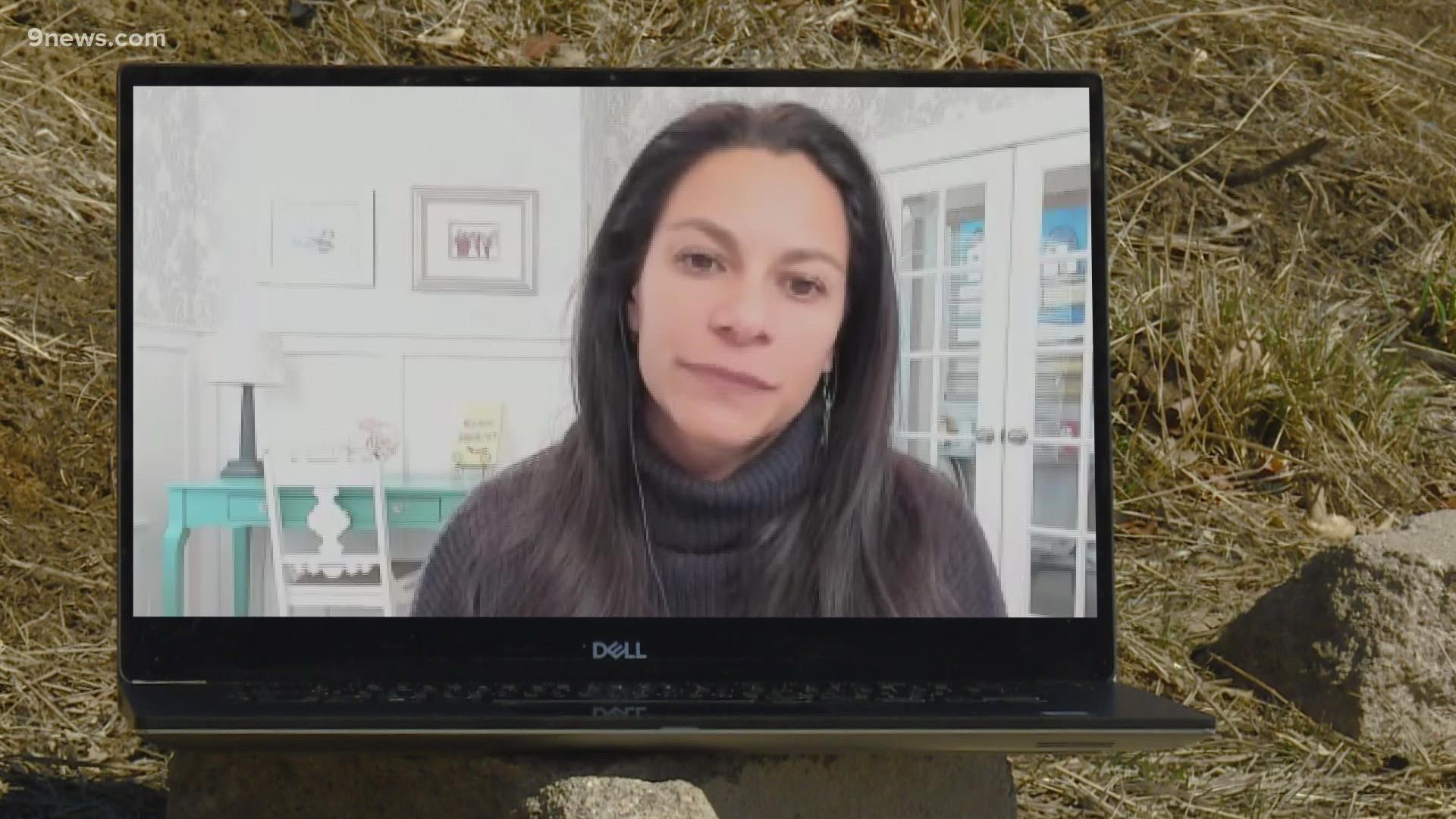BOULDER COUNTY, Colo. — It's been a month and a half since the Marshall Fire destroyed more than 1,000 homes and forced families to flee. Some of the victims may now be experiencing new trauma that they didn't face in the immediate aftermath.
Louisville resident Cynthia Hare did not lose her home during the Marshall Fire, but she did lose her peace of mind. The preschool teacher said she has had a tough time being triggered by wind events or sirens after evacuating from the fire.
"Very frightening," she said. "It's just internal panic. Unsettled. I'm a preschool teacher. I see the wind and the kids see the wind, and you think, 'could this happen again?'"
Hare came across a Facebook thread of other Boulder County residents being triggered by the same things. She said she was relieved to know she was not the only one battling these emotions.
"I just felt like I was being maybe dramatic, because how could you control this sense of sorrow and sadness when you are sitting in your home and you know people that have no homes," she said. "I’m so glad someone reached out to know that there are other people suffering here, and the people didn’t lose everything, but feel so horrible, terrible for the people that did."
Family and children's psychologist Dr. Sheryl Ziegler said symptoms of post-traumatic stress may not happen until 30 to 60 days after trauma.
"Anything from disturbed sleep, disturbed mood, feeling unsafe, intrusive thoughts. All of that pretty normal and to be expected," Ziegler said.
"When that goes past 30 days and you have a trigger like a weather-related trigger, makes sense for a weather-related trauma, then we really start to get a little more concerned that maybe it hasn’t been fully processed yet," she said.
Ziegler said there are four areas psychologists assess when examining someone for trauma:
Intrusive thoughts
"That would be a child or an adult saying, 'I’m trying to work, and no matter what, I can’t get that image out of my mind,'" Ziegler said.
Avoidance
"Are you still avoiding walking or driving a certain route? Are you still avoiding certain places that remind you of what happened that day, and if you went there, do you feel like you may have an anxiety attack? If that’s happening then maybe that’s something to maybe get some support around," she said.
Negative emotions
"Negative emotions can be anything from fear to anger to crying, and you just want to look at that. And they’re also people there that are grieving, that are grieving the loss of community, and they’re having negative emotions. That's very typical. However, can you control them? Can you manage them?" Ziegler said.
Hyperarousal
"The last area is hyperarousal. Do you startle more easily? Are you having a hard time going to sleep? Do you feel like you’re irritable or jumpier?" Ziegler said. "If those are the types of things happening in anybody who was involved in the Marshall Fire, it could be a good time at this point to start getting additional support outside of your family or school."
Ziegler said post-traumatic stress is not just for people who lost their homes. Survivors' guilt is something that needs to be taken seriously.
Ziegler said if people don't work through those emotions, it could impact them for a long time.
SUGGESTED VIDEOS: Marshall Fire Coverage

